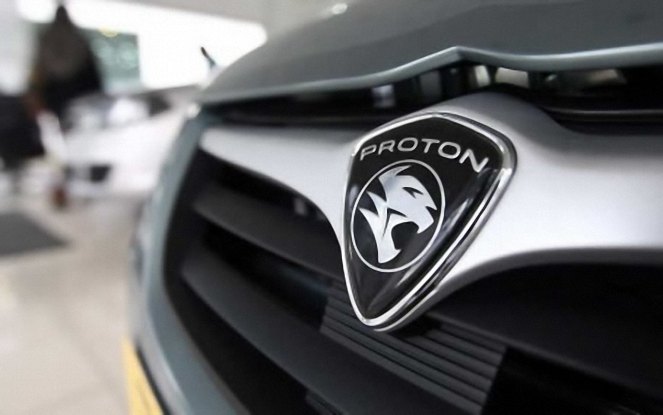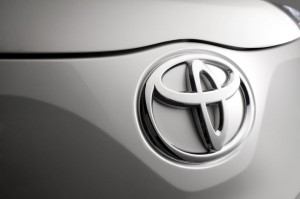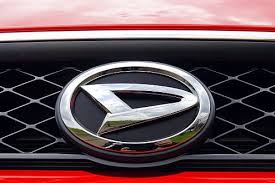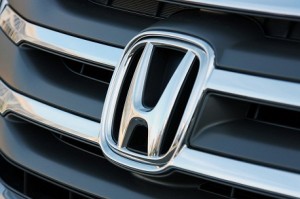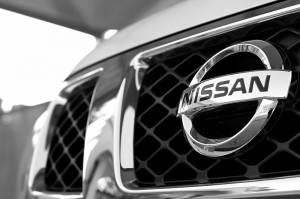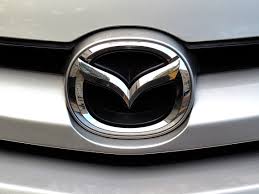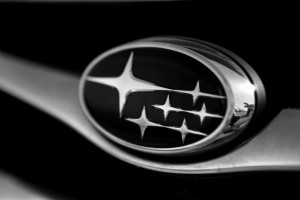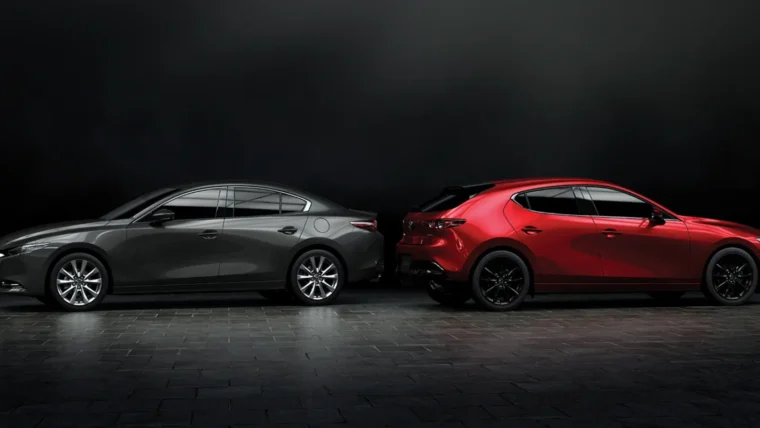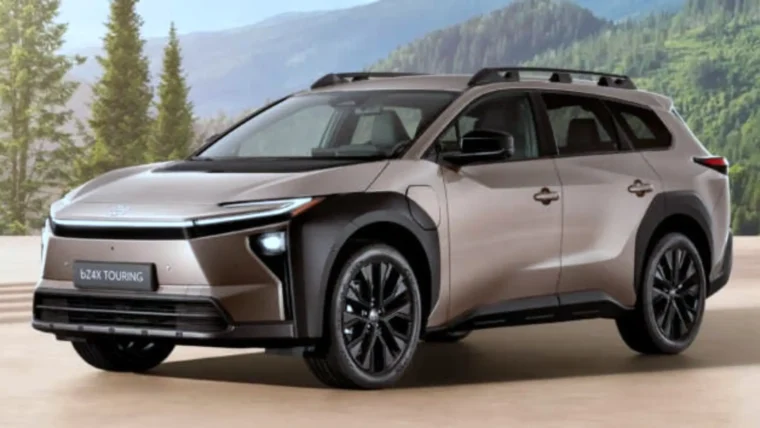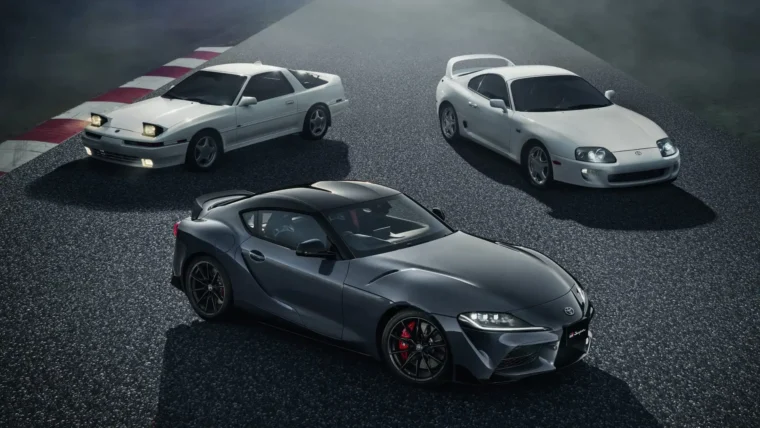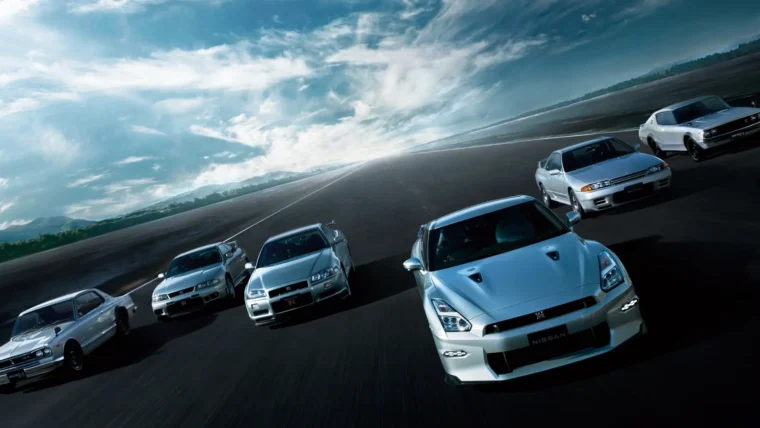Proton’s new chairman, former Malaysia Prime Minister Tun Dr Mahathir Mohamad, has dropped a bombshell that Proton is eyeing a collaboration with several Japanese car manufacturers. More interestingly, Tun Mahathir has mentioned that while Proton is working with Honda presently, the Malaysian firm is in discussion with other Japanese automakers, excluding Mitsubishi.
With that, it looks like Proton is once again looking into the possibility of collaborating (very likely, rebadging) with another Japanese manufacturer. We all know Proton’s history with various manufacturers, which could rival the plot from a daytime Latin soap opera. From its on-and-off relationship with Mitsubishi, the failed tie-up with Volkswagen, the disastrous first date with Citroen, and Lotus, which is best described as parasitic depending how you look at.
As we can see, there are endless possibilities of what’s the outcome for our first Malaysian car manufacturer when working with various Japanese marques. AF looks deeper into it by exploring what are the chances of Proton’s collaboration with the existing Japanese carmakers.
1. Toyota/Daihatsu
Unbeknownst to many, Toyota was shortlisted by the Malaysian government as the initial partner for Proton before Mitsubishi emerged as the winner. We all know that Toyota has some indirect involvement with Perodua via Daihatsu, and the partnership between Perodua and Daihatsu is rock solid and set to go on for many years to come. So to be honest there’s only a remote chance Toyota would consider collaborating with Proton. Unless if the merger between Proton and Perodua becomes a reality, then there are slight chances Toyota will be indirectly involved with Proton.
James May once famously says that he would rather trade Lotus’s ride and handling for Toyota’s door trims on the Gen2, so that ain’t a bad thing to happen, right?
Proton’s chances with Toyota/Daihatsu : 0% (unless if Proton merges with Perodua, maybe 50%)
2. Honda
We all know that Honda signed a strategic partnership with Proton in 2012. Apart from rebadging a Honda Accord to become the new Proton Perdana, there is nothing much we can know what are the benefits for both sides in that partnership, since the details of the agreement are vague and as secretive as the Colonel’s chicken recipe. Meanwhile, Honda has solid presence in Malaysia, with the addition of a second line in the plant to cater the growing demand in Malaysia. The instability of the political situation in Thailand could make Honda to look elsewhere, and Malaysia will be an interesting proposition to Honda. So, among the Japanese marques, Honda has a head start with Proton.
Tun Dr Mahathir indicating Proton is talking with Honda’s compatriots could put doubt in that strategic partnership signed in 2012 though. Honda is also tight lipped on its partnership with Proton so far, which puts a question mark on Honda’s sincerity towards Proton. Will this strategic partnership soon hit an iceberg, marking a premature end for these two marques?
Proton chances with Honda: 50% (due to the Proton ‘Accordana’ and that strategic agreement signed in 2012)
3. Nissan
In 2011, Proton and Nissan signed a Memorandum of Understanding to conduct feasibility studies on specific areas of cooperation between the two parties, including the potential use of Nissan platforms and powertrains. Part of the plans include looking at the possibility to rebadge the Nissan Fuga to become the new Proton Perdana. Surface it to say, three years down the road, that didn’t work out between both firms. Unless Nissan learns from this adage “once bitten twice shy”, it seems the chances of Proton working out with Nissan doesn’t seem bright.
Furthermore, Proton’s former partner Mtsubishi also currently assembles the ASX in ETCM’s plant in Serendah, easily lowering the chances of Proton’s involvement with Nissan. Personally I would love to have Nissan’s head and superstar CEO, Carlos Ghosn, to work with Proton and perhaps fix some of Proton’s problems, although chances for that to happen is akin to wishing for a Nissan GTR parked at my garage.
Proton chances with Nissan: 10%
4. Mazda
Among the Japanese manufacturers, it seems Mazda could be an ideal partner for Proton, here’s why:
– Mazda is one of the few manufacturers that stands alone without being owned by any big automotive conglomerates. Having said that, Proton has this similarity so having two independent manufacturers working together is an ideal strategy to ensure survival for both firms.
– Despite being a small player in Japan, Mazda’s engineering capabilities were proven with Skyactiv technologies. Merging with Proton’s capabilities in ride and handling while sharing engine and drivetrains would mean good for both marques. Mazda cars with Lotus’s ride and handling, or Proton’s cars with Skyactiv, how could you say no to these?
– Both Mazda and Proton know a thing or two about making fun driving cars, so it looks like it’s a match made in heaven!
Proton chances with Mazda: 80%
5. Suzuki
Another small player in Japan specializing at making small cheap and cheerful cars, Suzuki’s success rate when making cars above the C and D segment range is just like the sales figures from an ice salesman in the North Pole. Suzuki could be an ideal partner for Proton knowing Proton has some success in C segment cars, something Suzuki will benefit from. Proton also can learn a thing or two from Suzuki’s expertise on small cars, and it could come in handy if Proton decides to compete with Perodua in the small A and B segment car categories.
The only obstacle here is Volkswagen owns Suzuki, and we all know Volkswagen weren’t pleased with Proton after what Volkswagen endured during its attempt to buy over Proton a few years ago. So, chances for Proton with Suzuki weren’t that bright after all.
Proton chances with Suzuki: 20%
6. Isuzu
Another small manufacturer and specialized in 4X4, commercial vehicles and diesel powertrains which could benefit Proton as Proton does not have what Isuzu has – diesel powertrains. Proton cars could be ideally rebadged as Isuzu that could allow Isuzu to return to the passenger car segment. Isuzu’s brilliant diesel units could mean Proton can produce diesel powered models for export markets in Europe and India.
While it seems Proton and Isuzu could work things out, General Motors (GM) still owns Isuzu, and Proton and GM did engage in talks that ended nowhere. That could dent any chances for Proton to ink a partnership with Isuzu.
Proton chances with Isuzu: 50%
7. Subaru
The possibility to have Subaru to collaborate with Proton may be an attractive proposition, knowing Subaru’s expertise in all-wheel drive technologies may allow Proton to produce its first ever all-wheel drive car. Subaru is a relatively small player in Japan and they do rebadging of models from its rivals. Rebadging for both Proton and Subaru in their respective countries does sound reasonable for both firms.
There is, however, one stumbling block, that is Subaru has shares owned by Toyota. Will Toyota allow this to happen?
Proton chances with Subaru: 40%
Conclusion:
Proton is relatively a small car manufacturer and can’t rely on its shrinking local market, it needs economics of scale by producing more volume and exporting it overseas in order to lower the cost of its cars, allowing Malaysians to enjoy quality Protons with affordable pricing. An ideal partner is crucial, not only for Proton’s survival but also for its partner as well.
In the end, it looks like Mazda makes an ideal partner to Proton. Isuzu and Subaru make an interesting proposition should both marques look into rebadging one and another. In actually means a small Japanese manufacturer, just like Mitsubishi, would make an ideal partner for Proton, rather than joining a bigger conglomerate.
However, unless someone can lend us a magic crystal ball, all we can do is speculate as to Proton’s fate in the coming months. Maybe we’ll know more after the Proton GSC model is launched. Stay tuned!
Other posts by AF Newsdesk

